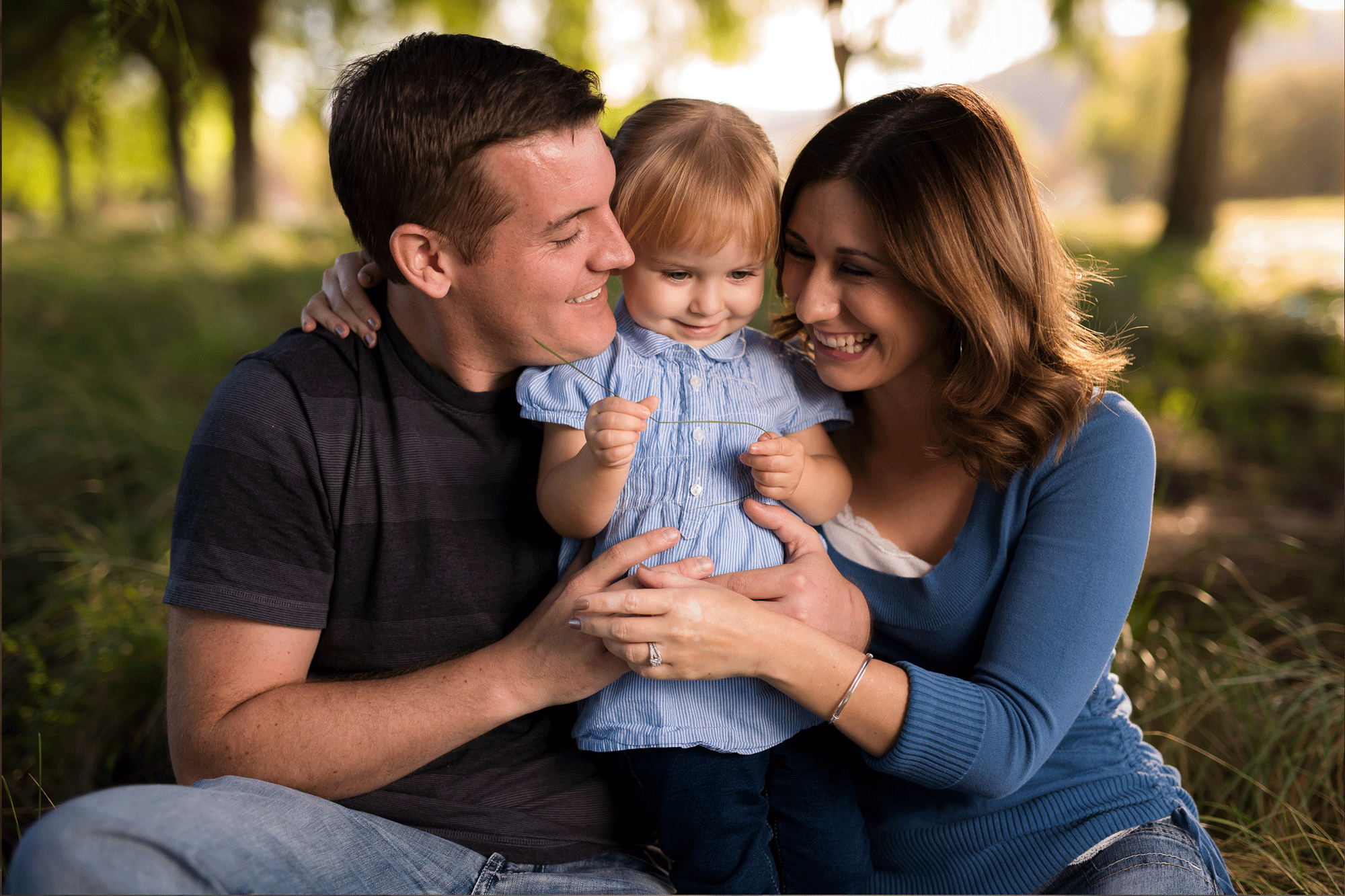It's a chilling thought, really, when the very place meant for comfort and connection becomes a stage for unthinkable acts. The phrase "family feud killer" brings up images of deep-seated anger, long-held grudges, and the shocking breakdown of what should be the closest bonds. We usually think of family as a safe harbor, a place where people find support and understanding, but sometimes, very sadly, this isn't how things turn out. It's almost as if the intensity of these relationships can, in some rare cases, fuel a truly awful outcome, which is a difficult thing to think about.
A family, you know, is often described as a basic social unit, a group of people connected by blood, marriage, or adoption, living together or not. My text talks about families sharing emotional bonds and providing support, or how they are groups of persons united by ties, constituting a single household and interacting with each other in their respective social roles. It's where identity often begins, and how we talk to each other within these groups shapes so much of our lives, so it's a very big deal.
Yet, sometimes, these connections fray. Disagreements, small at first, can grow into something much bigger, turning into bitter arguments that fester. When these disputes take a truly dark turn, leading to violence, it's a profound shock, not just for those involved but for anyone who hears about it. It makes us wonder how such a fundamental part of our lives, meant for love and care, could ever go so wrong, which is a rather unsettling question.
Table of Contents
- What Exactly is a "Family Feud Killer"?
- The Roots of Ruin: Why Family Disputes Turn Deadly
- Spotting the Warning Signs: Before Things Get Too Bad
- The Ripple Effect: How Such Tragedies Hurt Everyone
- Moving Forward: Steps to Prevent Family Conflict from Boiling Over
- Frequently Asked Questions About Family Feuds and Violence
- Reaching Out for Support
What Exactly is a "Family Feud Killer"?
The term "family feud killer" points to a terrible event where someone takes a life, or lives, because of long-standing, intense conflict within their own family. It's not just a simple argument that gets out of hand; it usually involves a history of animosity, unresolved issues, and a build-up of anger that, tragically, explodes. This kind of situation shows how deep emotional bonds, which are usually a source of strength, can become twisted when trust and respect vanish, you know?
It's about the breaking of those very ties that define a family, the ones that are supposed to hold people together. My text talks about how families share a residence, integrate their finances, and revolve around parents and children, or how they extend to aunts, uncles, grandparents, and cousins. When this structure, meant for support and shared life, turns into a battleground, it's a truly heartbreaking thing to witness, or even just to hear about, as a matter of fact.
These events often shock communities because they defy our basic idea of what family should be. It’s a stark reminder that even the most intimate relationships can, sadly, become dangerous when underlying problems are left unaddressed for too long. People often ask about these stories, perhaps trying to make sense of something so completely against what we expect from family life, which is very understandable.
The Roots of Ruin: Why Family Disputes Turn Deadly
It's not one single thing that makes a family dispute turn deadly; it's usually a sad mix of many different pressures and problems that build up over time. These situations are very complex, with layers of history and emotion all tangled together. We often see patterns emerge when we look at these tragedies, showing how seemingly small issues can grow into something truly terrible, you know, over a long period.
Deep-Seated Resentments and Old Wounds
Sometimes, the trouble starts with grudges that have been held for years, even decades. These are like old wounds that never quite heal, perhaps from perceived slights, unfair treatment, or disagreements that were never properly talked through. My text mentions how families share emotional bonds and provide support, but when these bonds are strained by constant bitterness, they can become very fragile, actually.
A past argument about something small, a feeling of being overlooked, or a sense of injustice can fester, growing larger and larger in someone's mind. Over time, these feelings can become so strong that they overshadow any positive memories or connections. It’s almost as if the past starts to dictate the present in a very destructive way, leading to a lot of pain and, sadly, sometimes even violence, as a matter of fact.
Money Matters and Property Squabbles
Financial disagreements are, sadly, a very common source of family conflict. Arguments over inheritances, shared property, business dealings, or even just who owes what can become incredibly heated. My text talks about families integrating their finances, and while this can be a benefit, it can also become a major point of contention when trust breaks down. These kinds of disputes can really tear people apart, you know.
When large sums of money or valuable assets are involved, the stakes feel incredibly high, and emotions can run wild. People might feel cheated, or that they are owed something they didn't get. This can lead to intense feelings of betrayal and anger, especially if there's a history of other unresolved issues lurking beneath the surface. It’s a pretty common story, sadly, when money starts to overshadow family ties.
Power Struggles and Control Issues
Within any family, there are dynamics of power and control. Sometimes, one person might try to dominate others, or there might be a fight over who makes the decisions, especially concerning older family members or shared resources. My text notes that families function under a single premise, but what happens when that premise is about who holds the reins? It can cause a lot of friction, which is very true.
These struggles can involve anything from who gets to live in the family home to who manages a family business or even a child's Google account with Family Link, as my text implies managing family groups. When someone feels their control is threatened, or they are being controlled unfairly, it can lead to intense frustration and resentment. This constant push and pull can wear down relationships, making them very brittle, and that's a serious problem.
Mental Well-being and Substance Use
It's also important to consider the role of mental health challenges or substance use. When someone in the family is struggling with these issues, it can put an enormous strain on everyone around them. Their behavior might become unpredictable, their judgment clouded, and their ability to handle conflict in a healthy way can disappear. This is, you know, a very difficult situation for any family to face.
Untreated mental health conditions or addiction can worsen existing family problems, making communication nearly impossible and escalating tensions. Family members might feel helpless, frustrated, or even afraid. These factors can, sadly, contribute to an environment where violence becomes a real possibility, making an already tough situation even harder to manage, which is a truly sad thing.
Spotting the Warning Signs: Before Things Get Too Bad
While it's impossible to predict every tragic outcome, there are often signs that a family conflict is getting out of hand and might become dangerous. Recognizing these indicators can be a first step towards getting help before things go too far. It's about paying attention to changes in how people interact, or the intensity of their disagreements, which is a very important thing to do.
Some things to look out for include:
- Increasing verbal threats: When arguments move beyond insults to direct threats of harm, that's a big red flag.
- Physical aggression, even minor: Any pushing, shoving, or throwing objects, no matter how small, is a sign that boundaries are being crossed.
- Isolation: One family member might start pulling away from others, or others might start avoiding a particular person, creating a very tense atmosphere.
- Obsessive focus on grievances: Someone constantly talking about past wrongs, unable to move on, can show a dangerous build-up of anger.
- Substance use increasing: If alcohol or drug use goes up during times of conflict, it can lower inhibitions and make things worse, you know.
- Presence of weapons: If weapons are brought into arguments, or if someone talks about using them, that's an immediate and serious danger sign.
These are, more or less, signals that the family dynamic is in a very unhealthy place. Ignoring them can have serious consequences, so it's really important to take them seriously, as a matter of fact.
The Ripple Effect: How Such Tragedies Hurt Everyone
When a family feud turns deadly, the impact reaches far beyond the immediate victims and perpetrators. It creates a ripple effect of pain, confusion, and trauma that can affect an entire community, and definitely the remaining family members. It’s a truly devastating event, and the consequences linger for a very long time, you know.
Children, in particular, suffer immensely from such events. They lose not just loved ones, but often their sense of safety and stability. The idea of family, which my text describes as a basic social unit providing support, is shattered for them. This can lead to long-lasting emotional and psychological scars, which is a very sad outcome.
The wider family circle—aunts, uncles, grandparents, cousins, as my text suggests—are also left to pick up the pieces. They grapple with grief, anger, and the challenge of understanding what happened. Trust within the family can be completely destroyed, making it incredibly hard for anyone to move forward. It’s a truly difficult road for everyone involved, and it affects them deeply.
Moving Forward: Steps to Prevent Family Conflict from Boiling Over
While we can't erase past hurts, there are steps families can take to try and prevent conflicts from reaching a dangerous point. It's about building better ways to talk and deal with problems, even when they seem really tough. This takes effort from everyone, but it's very much worth it, you know.
Here are some ideas:
- Open Communication: Encourage everyone to express their feelings and concerns in a calm, respectful way. My text mentions conversation questions for the ESL classroom, and while that's different, the core idea of open talk is important. Sometimes, just being heard can make a big difference, which is a pretty simple truth.
- Setting Boundaries: Clearly define what's acceptable and what's not in terms of behavior and discussion topics. Knowing where the lines are can help prevent arguments from escalating too quickly, as a matter of fact.
- Seeking Professional Help: Family therapy or counseling can provide a neutral space for discussions and offer tools for conflict resolution. A trained professional can help untangle complicated emotional knots. You can find out more about family therapy and how it helps, which is a good place to start.
- Addressing Underlying Issues: If mental health problems or substance use are present, getting help for those issues is absolutely essential. These are often at the root of many family struggles, so dealing with them head-on is very important.
- Understanding Different Perspectives: Try to see things from another family member's point of view, even if you don't agree. My text notes that families are vastly different, but they all function under one single premise; understanding that premise for each person can help. This can reduce tension and build a little more empathy, which is a very good thing.
Taking these steps can help create a healthier family environment, where disagreements are handled with care, rather than letting them fester and grow into something truly harmful. It's about choosing to build up, rather than tear down, which is a very important choice.
Frequently Asked Questions About Family Feuds and Violence
People often have many questions about how family disputes can turn so dark. Here are some common ones:
What is a family feud killer?
A "family feud killer" refers to a person who commits murder or violence against a family member, or members, stemming from long-standing, intense disputes or conflicts within the family unit. It's usually not a sudden act but the tragic result of unresolved anger and bitterness that has built up over a long period. It's a very sad situation, you know.
How do family feuds escalate to violence?
Family feuds often escalate to violence through a mix of factors like unaddressed resentments, financial disagreements, power struggles, and sometimes, the presence of mental health issues or substance use. When communication breaks down completely, and feelings of betrayal or injustice become overwhelming, the situation can, sadly, spiral out of control. It's a pretty complex path, actually.
Are there ways to prevent family disputes from becoming deadly?
Yes, there are ways to work towards preventing family disputes from turning deadly. These include encouraging open and respectful communication, setting clear boundaries, seeking professional help like family therapy, and addressing any underlying mental health or substance use issues. Early intervention and a willingness to resolve conflict peacefully are key, as a matter of fact. You can learn more about healthy family communication on our site, which is a good resource.
Reaching Out for Support
If you or someone you know is in a family situation where conflict feels overwhelming or dangerous, it's so important to reach out for help. There are resources available that can offer guidance, support, and ways to deal with these difficult situations before they escalate. Remember, you're not alone in facing these challenges, and there are people who want to help, which is very true. You can find more support and resources here on our site, which is a good place to start, you know.



Detail Author:
- Name : Miss Jewell Shields Sr.
- Username : kieran36
- Email : heller.loma@towne.com
- Birthdate : 1975-09-26
- Address : 390 Weber Mountain Suite 870 Littleberg, CT 06246
- Phone : 1-949-569-9670
- Company : Miller, Leannon and Bradtke
- Job : Administrative Law Judge
- Bio : Aut omnis deserunt dolores incidunt hic. Qui dolores quo nemo ea eum. Veritatis nesciunt corrupti et doloribus et.
Socials
facebook:
- url : https://facebook.com/ankunding1993
- username : ankunding1993
- bio : Est et dolor accusantium ut. Est quis vitae odio ut facilis in alias nobis.
- followers : 5044
- following : 1055
twitter:
- url : https://twitter.com/ankundingg
- username : ankundingg
- bio : Temporibus est ex est quidem sit est officia. Quam optio doloremque inventore est rem ipsa non. Esse et enim laboriosam maxime magnam et.
- followers : 1973
- following : 554
linkedin:
- url : https://linkedin.com/in/gregorio2909
- username : gregorio2909
- bio : Eos consequuntur a saepe non corrupti.
- followers : 4397
- following : 1793

